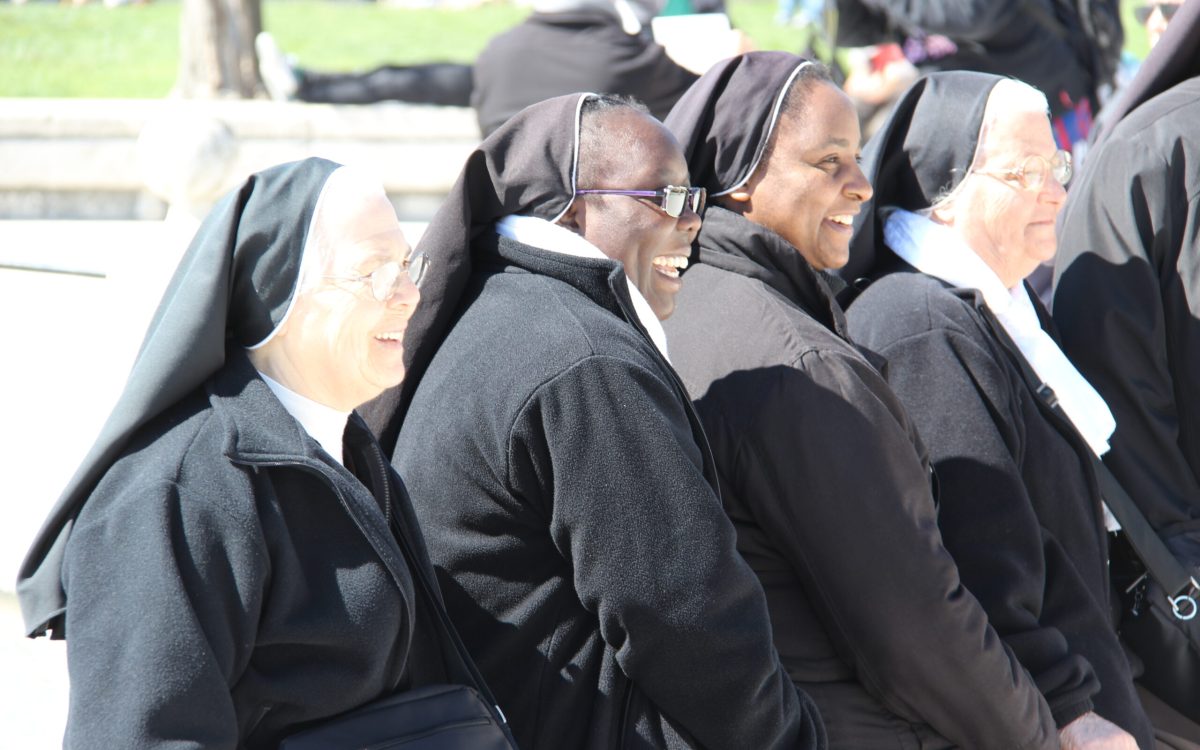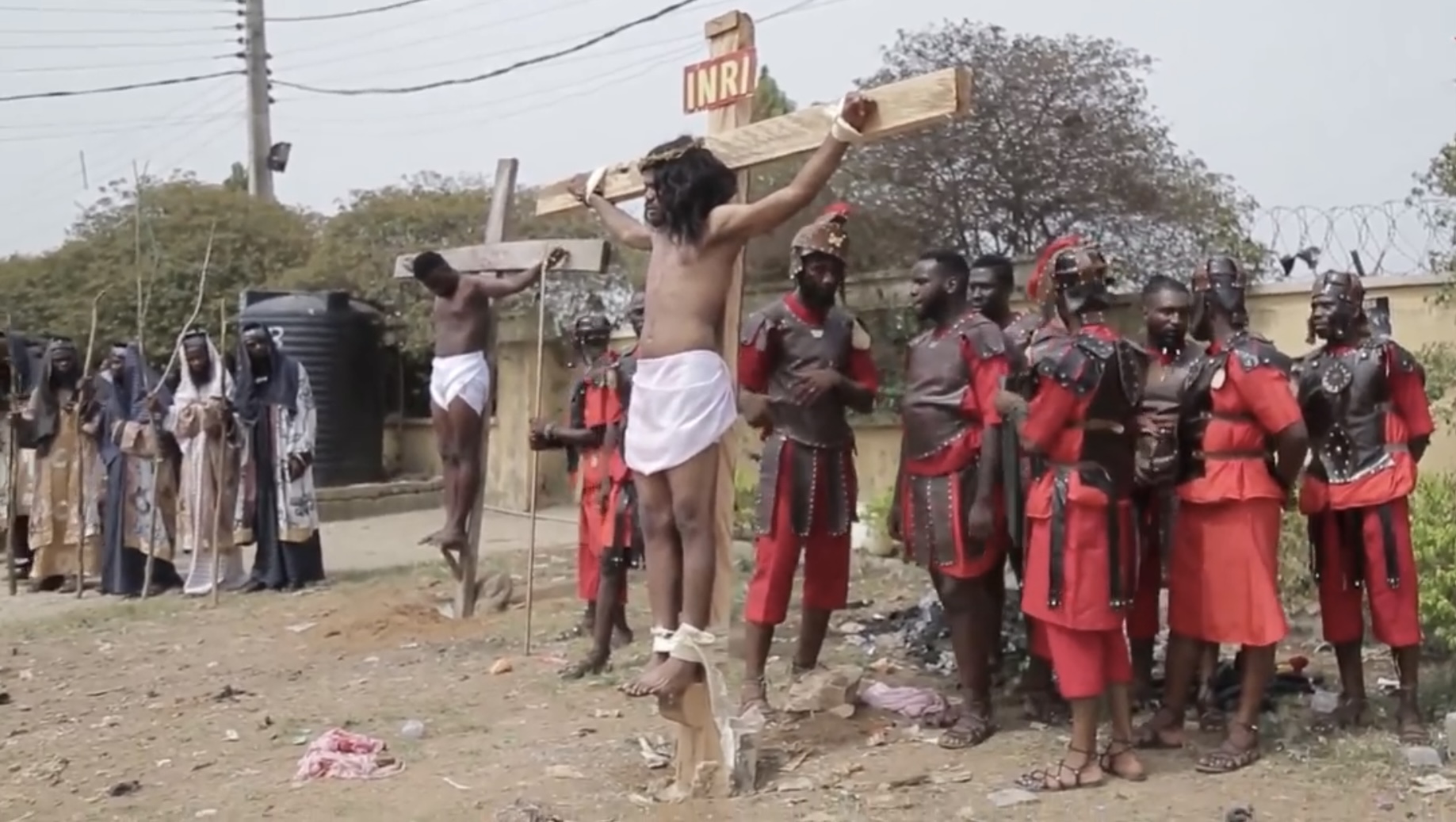There has been this argument on why children must take new names at their baptism. Fortunately, it has been proven that it’s not a must and has no canonical implication. But this doesn’t, however, make it wrong in itself. People should be able to do it if they wish or need it, but no one should make it law, as the Church has no law.
But recently, another question about women taking their husband’s surnames in marriage has been asked. Funny enough, many men are ranting about how it’s our culture or our custom. Unfortunately, those men have neither oral nor written evidence to place such a recent development in our culture or customs. And even now, there are still women among us who continue keeping their fathers’ surnames. However, that’s by the way, as I’m here to ask another question.
For centuries, religious sisters and some religious priests and brothers were obliged to change their names by the time they made their religious vows. Many reasons were used to justify that, including a few biblical instances. Some justified it with the case of Abram, that became Abraham, Sarai – Sarah, Jacob-Israel, Simon – Peter, Saul-Paul, etc. But we know it was not compulsory. These were just exceptions, and exceptions are never the basis for any law.
Others defended it with the idea that Christians take new names during baptism and confirmation, essential sacraments. They explain that religious engagement is a life-changing reality and demands a radical change in one’s status and name. Yet, this baptismal theory is also outdated today and rarely imposed.
All these changes of names do not yet involve the addition of Mary to whatever new name they take up. This was initially known among Marian congregations, but it eventually spread to almost all the female congregations.
Even during baptism, in many places, like in Quebec, men had, in those years, the name Joseph added to their names and women, Mary. In the case of religious women, some say they imitate Mary, who said Yes to God. And also because they, by virtue of their religious vows, espouse the motherhood of Mary. Funny enough, you can’t be the bride of Christ and his mother at the same time. But I know that I don’t know much.
However, my real question is why they must change their names. And let me state that many congregations no longer do it. But most of those in Nigeria continue holding to it, as salvation depends on it.
But, my question is why they should take the men’s names. You will see a sister who had a beautiful name like Chikporom (God called me) change it to Mary-James, Ozioma (Good News) to Mary-Cyprian, Nnedinso (the mother is sacred) to Mary-Ignatius, Chiziterem (God sent me) to Mary-Thaddeus, etc. And if they must do that (which I don’t understand why), why not take female saints’ names? It is not just painful to change one’s name, but to masculinize it. Are all these brave female saints not good enough as models? How is imitating Saint Augustin more beneficial to a nun than imitating Saint Theresa or Perpetual? And why on earth do they have to do that at first? Are their vows more important than those of their male counterparts? But as I said, I don’t know much. So, feel free to educate me on why such a medieval tradition has to be perpetuated today.






